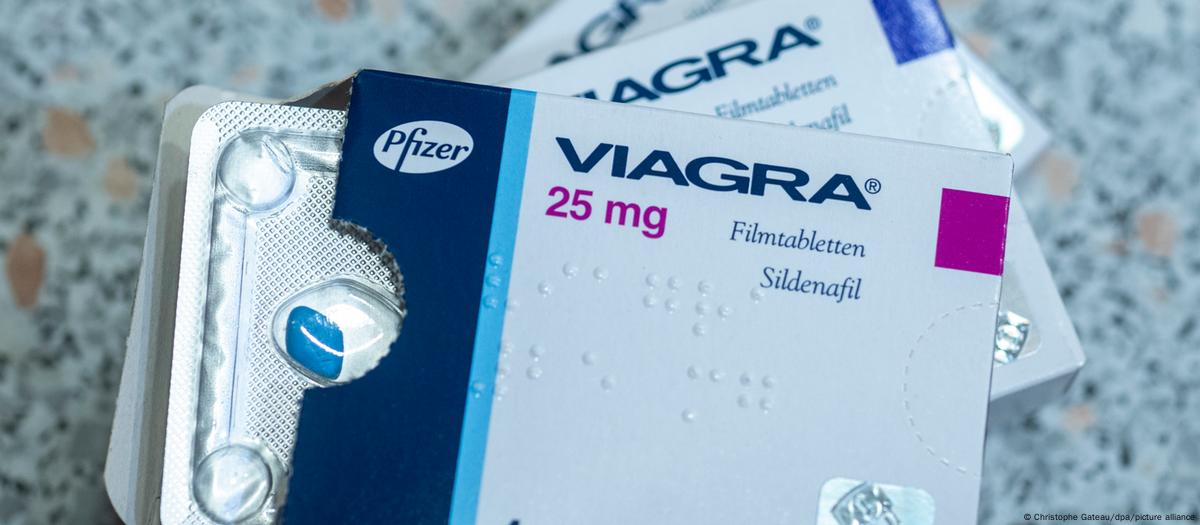
Aciclovir: A Comprehensive Guide
Aciclovir is a widely used antiviral medication, renowned for its effectiveness against various viral infections, particularly those caused by the herpes simplex virus and varicella-zoster virus. Its ability to inhibit viral replication has made it a staple in the treatment of conditions such as genital herpes, cold sores, and shingles. For more information about Aciclovir, including dosage and availability, you can visit Aciclovir https://varnozdravje.si/kupi-aciclovir-200mg-400mg-800mg/.
What is Aciclovir?
Aciclovir (also known as acyclovir) is an antiviral drug that is part of the nucleoside analogue class of medications. It was first approved in 1982 and has since become a standard of care for viral infections caused by certain herpes viruses. Aciclovir works by disrupting the viral DNA replication process, thereby preventing the virus from multiplying and spreading further.
Mechanism of Action
The mechanism of action of Aciclovir is quite fascinating. Once administered, it is converted into its active form, acyclovir triphosphate, primarily in infected cells. This active form competes with the natural nucleosides for incorporation into viral DNA. When aciclovir triphosphate is incorporated into the viral DNA, it leads to chain termination, effectively halting further viral replication.
Indications

Aciclovir is indicated for the treatment of several conditions, including:
- Genital herpes – to treat initial and recurrent episodes.
- Cold sores – due to herpes simplex virus.
- Shingles – also known as herpes zoster, a reactivation of the varicella-zoster virus.
- Chickenpox – in children and adults.
- Certain cases of severe herpes infections in immunocompromised patients.
Dosage and Administration
The dosage of Aciclovir varies based on the condition being treated, the patient’s age, weight, and renal function. Typically, it is orally administered and can also be given intravenously in severe cases. For adults, the standard dosages might range as follows:
- For genital herpes: 200 mg every 4 hours for 5 to 10 days.
- For shingles: 800 mg every 4 hours for 7 to 10 days.
- For chickenpox: 20 mg/kg (up to a maximum of 800 mg) taken 5 times daily for 5 days.
It’s crucial to follow the prescribed dosage by a healthcare provider and not to exceed the recommended duration of treatment to avoid potential side effects.
Side Effects

While Aciclovir is generally well-tolerated, it can cause side effects in some individuals. Common side effects include:
- Nausea and vomiting
- Diarrhea
- Headaches
- Dizziness
- Fatigue
In rare cases, more serious side effects such as neurological symptoms (confusion, tremors), renal impairment, or allergic reactions may occur. Patients experiencing severe side effects should seek medical attention immediately.
Contraindications and Precautions
Aciclovir should be used with caution in individuals with renal impairment, elderly patients, or those who are pregnant and breastfeeding. It is contraindicated in patients with hypersensitivity to aciclovir or valacyclovir. Before starting treatment, it’s vital to inform your healthcare provider about your complete medical history, including any other medications you are taking, to avoid potential drug interactions.
Conclusion
Aciclovir is a powerful antiviral agent that plays a crucial role in managing infections caused by viruses like the herpes simplex and varicella-zoster viruses. Its mechanism of action allows it to specifically target viral replication, leading to effective treatment outcomes. Patients should consult healthcare professionals for proper diagnosis and treatment regimens to ensure the best therapeutic results while minimizing potential risks associated with side effects.
